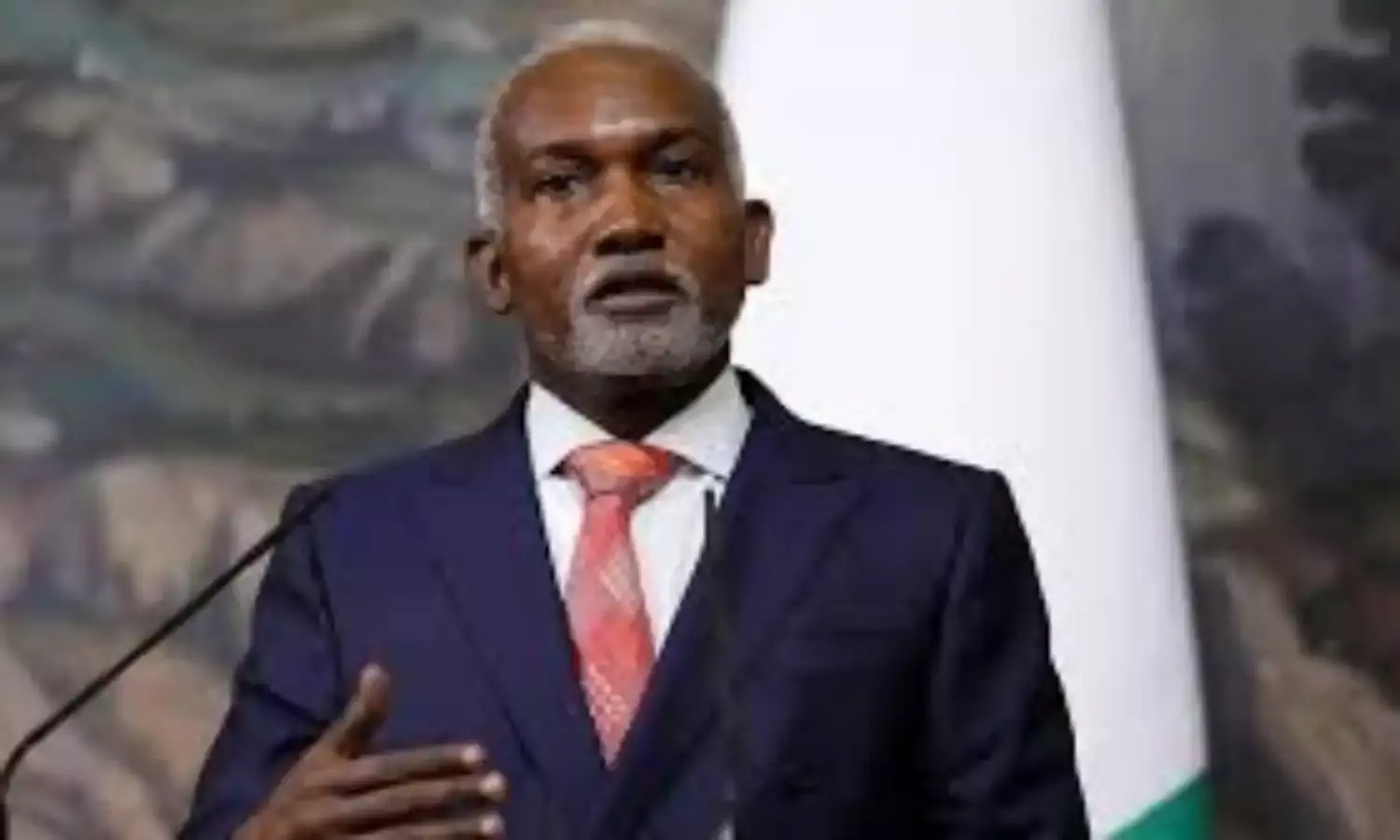Nigeria championing global tax reform – says Tuggar
Tuggar said these were the things that affected Africa, particularly sub-Saharan Africa, more than any other region, which was why they also wanted to hear more from African countries.;

Amb. Yusuf Tuggar, Minister of Foreign Affairs has said that one of the highlights of the 19th G20 Leaders Summit in Rio de Janeiro, Brazil, was the UN tax resolution championed by Nigeria.
He said Nigeria put forward the tax reform on behalf of the other African countries, and that reform became institutionalised at the UN level.
“So, this is something that Nigeria championed, and others have been echoing it, saying, look, we need to look at the global system of taxation.
“It’s favouring developed countries and hurting developing countries. You’ve got these corporate giants that are from the developed Global North that are participating or making gains in the developing Global South. And they’re not paying taxes,” said Tuggar.
He said he considered it an honour that everybody was echoing the UN global tax reform championed by Nigeria.
The Minister said Nigeria also committed to the Global Alliance Against Hunger and Poverty.
“We are becoming more and more involved in the G20 and the summits in particular. We were invited to India, we’ve been invited to Brazil, and the next country to chair the G20 is South Africa.
“So, rest assured, Nigeria is going to be invited, and as I’m sure you’re aware, President Tinubu is embarking on a visit to South Africa where we’ll be having a binational commission very soon.
“And it was instructive that President Tinubu’s contributions resonated at the summit with all those in attendance, including the Managing Director of the International Monetary Fund,” said Tuggar.
He stated that the IMF boss commended the reforms of the Tinubu administration, its gains, and also pledged technical support, to help carrying out studies.
“They see what we’re doing, and they are very appreciative of that,” he said.
He said President Tinubu was also pushing for Nigeria to become a member of this “very powerful group in the world.
“You know, membership of the G20 takes time. It comes often by way of consensus and by being invited to participate, and then gradually you become formalised as a member.
“That’s exactly what is happening. And they can see the quality of the representation that Nigeria is giving with regards to Global South, because there’s a lot of attention now focusing on developing countries, on the Global South.
“The G20 can see clearly that there’s a need to tackle poverty, there’s a need to tackle hunger, which was the theme of the Brazilian leadership of the G20.”
Tuggar said these were the things that affected Africa, particularly sub-Saharan Africa, more than any other region, which was why they also wanted to hear more from African countries.
He said the country with the biggest voice in Africa was Nigeria, because of its credentials, fight against racist regimes in the past and the support it had offered other Global South countries in the past.
“We’ve got the technical aid corps where we’ve been sending professionals since 1987 to African, Caribbean, and Pacific countries, and all of that.
“So, we have the credentials. And we’re non-threatening to our neighbours,” he said.
He stated that the Tinubu government would continue to do more of what it was already doing in terms of social programmes, social investment, cash transfers, education, health, and food production.
“In fact, one of the things that we were engaged in while we were here was the agreement being signed between Nigeria and Brazil on agriculture, on improved seeds, on seeds technology, so that we improve the yield.
“Brazil did here. They had a savanna that was more or less barren because the yield from it was very low in terms of agricultural output.
“But because of the research that they’d been doing for so many years, they were able to come up with a solution,” he said.
He said Nigeria would partner Brazil on research to improve agricultural yield.
He said during the summit, there were government-to-business meetings, as well as business-to-business meetings.
“We’re now looking at a bilateral air service agreement. I think about two companies are being put on the fast track to be flying because it’s eight hours.
“It’s not right that we have to fly all the way to Europe to get to this place when it’s only an eight-hour flight.
“First you fly from Nigeria to Europe, six hours, then you fly from Europe to Brazil another 10 or 11 hours. Something is not right,” said Tuggar.
He added that there was an MOU also signed, a 5 billion dollars off-take agreement for ethanol by Niger government and a Brazilian company.
He said the Niger government was partnering Indians and Brazilians to grow sugarcane the same way that the Brazilians were doing it, instead of importing from them.
“They’re going to partner with us to grow sugarcane in Niger; that would be utilised for ethanol.
“That would also give us the opportunity to earn carbon credits through it. So, it’s an entire value chain,” said the Tuggar.

